Not so much a song as a succession of short squeaks, the sound of a spotted flycatcher is perhaps the subtlest of all our summer visitors.
They usually sing from an open branch, well above head height. The thin, tuneless notes are short and given in rapid but slightly irregular intervals.
They sound raspy, like a tiny nestling begging for food.
These subtle squeaks are easily missed in the presence of more musical neighbours.
The male sits quite upright as he sings. If he is facing in your direction, his pale chest and belly may give him away against a backdrop of greenery.
With a close view the marks on the breast can be seen. Although the bird’s called ‘spotted’, it’s only the young that appear so. Adults are more accurately described as streaky.
If he is turned away he’s harder to see, with a greyish back, whitish fringes to some of the lower feathers and a darker brown edge to the wings.
Males and females appear much alike. On looks alone, glimpsed briefly, they might easily go down as an unidentified Little Brown Job.
The ‘flycatcher’ part of their name is a more helpful clue to their identity, because it’s often their flight behaviour that attracts our attention.
Many species of perching birds have a go at catching flies on the wing. Few make it an art form.
Spotted flycatchers like to pick an open spot at the edge of a clearing in woodland - or, if you’re very lucky, in your garden - and make little sorties from a strategically placed branch or rooftop.
Often this will be where midges or other tiny bugs are swarming, and the flycatcher can nip out, grab a few and return.
As with many of our insect-eating summer visitors, spotted flycatchers have declined precipitously, with around 9/10 birds disappearing between the late 1960s and the 2010s.
The drop is especially stark in the south-east of England, where many villages and parks are no longer home to any of these formerly common birds, save perhaps a few birds passing through in spring or autumn.
They are to be found more reliably in the west and the north, and knowing their squeaky signature tune lifts our chances of seeing one, and perhaps enjoying them at work, somewhere in the dappled shade of the summer’s leaves.
This is the 23rd instalment in 2025’s cycle of Shriek of the Week. You can catch up with Robin - which includes details of how this works - as well as Wren, Song Thrush, Blackbird, Great Tit, Dunnock, Chaffinch, Goldcrest, Nuthatch, Chiffchaff, Skylark, Great Spotted Woodpecker, Blackcap, Starling, Willow Warbler, Nightingale, Whitethroat, Swift, Redstart, Greenfinch and Turtle Dove.
For those who can, subscribing to the paid tier of Shriek of the Week supports me to write more and keep this all going.
It also gets you access to the full A-Z archive of Shriek of the Week AND our livestream-hopping Early Bird Club call - the next is 8am BST (GMT +1) on Saturday 7 June.
Watch of the week:
The Superorganism Explained in 7 Minutes
Power scales up…. Life scales deep…. The future depends on which of these we feed.
Nate Hagens is a wonderful human and an important teacher.
In this new short film, he makes the case for understanding our current predicament in terms of being part of a ‘superorganism’, that none of us controls, but that will run out of fuel.
This will prompt a ‘great simplification’ in human societies, but one that we can gather our wits for, and in which we might choose a different relationship to nature and each other.
Read and watch more of Nate’s work on Substack at The Great Simplification.
Free online event this Wednesday
‘A Garden with Purpose’
This coming Wednesday (4 June) I will be co-hosting a conversation featuring stories from the Millennium Seed Bank and Wakehurst, Kew Gardens’ site in East Sussex.
We’ll hear about:
🌳 Landscape as a narrative; planting with purpose - Iain Parkinson, Head of Horticulture & Landscapes
🌳Landscapes as a living laboratory; unlocking the benefits of nature - Phil Wilkes, Nature Unlocked Research Lead
🌳Seeds of hope; celebrating 25 years of Kew's wild seed bank at Wakehurst - Elinor Breman, Senior Research Leader at the Millennium Seed Bank
🌳Communicating our story; what’s easy, what’s challenging - Marilena Reina, Head of Marketing & Strategic Communications
Followed by a Q&A session. This a free warm-up event for the one-day Content Rising gathering at Kew Wakehurst on 12 June.
All welcome to join. Sign up here:
Credits:
Image by Pixabay user babilkulesi

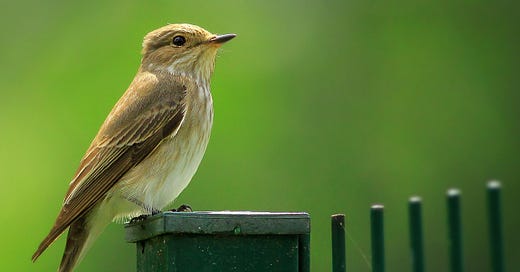


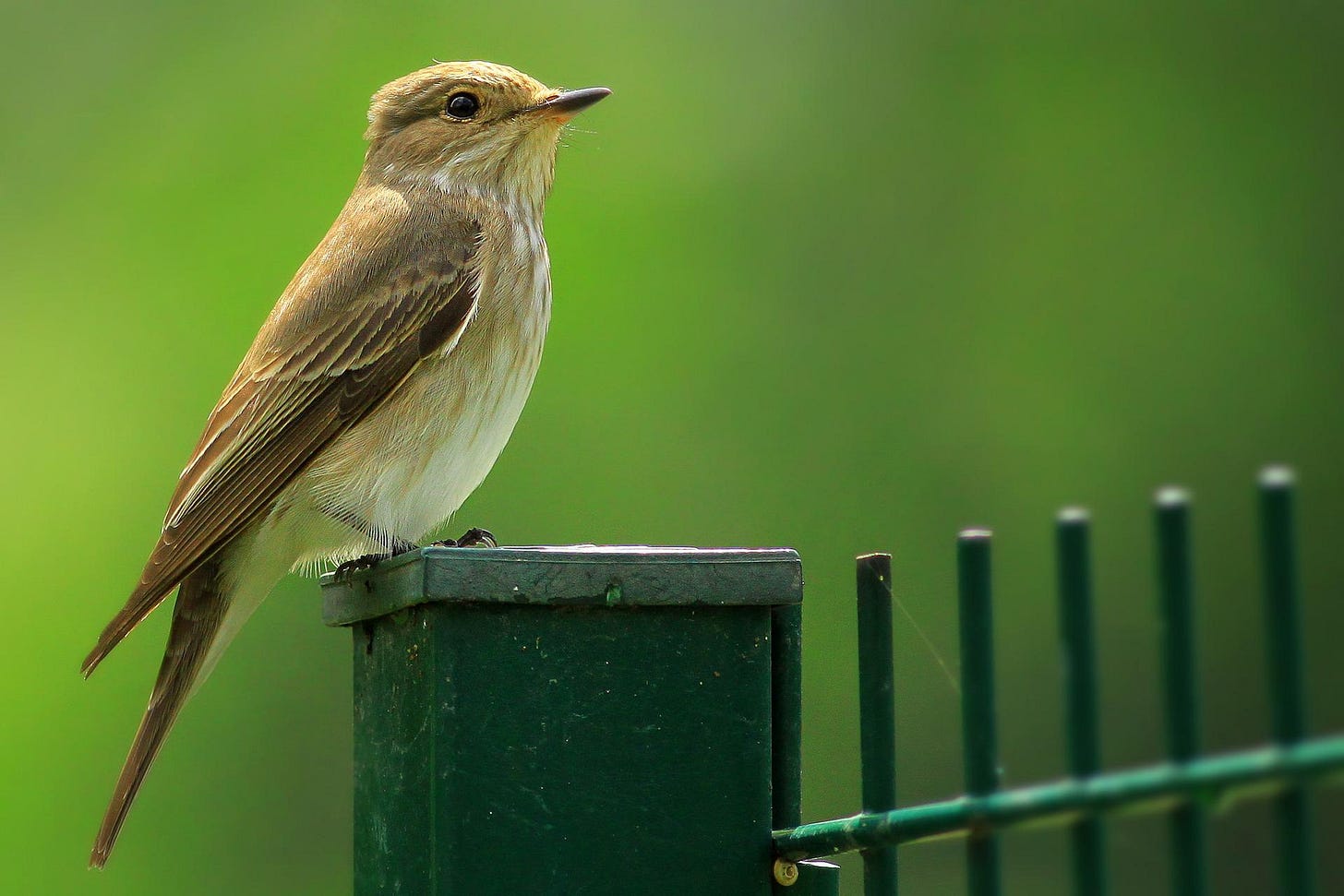



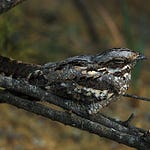
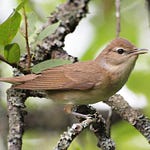



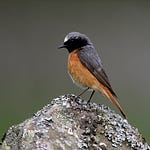
Share this post